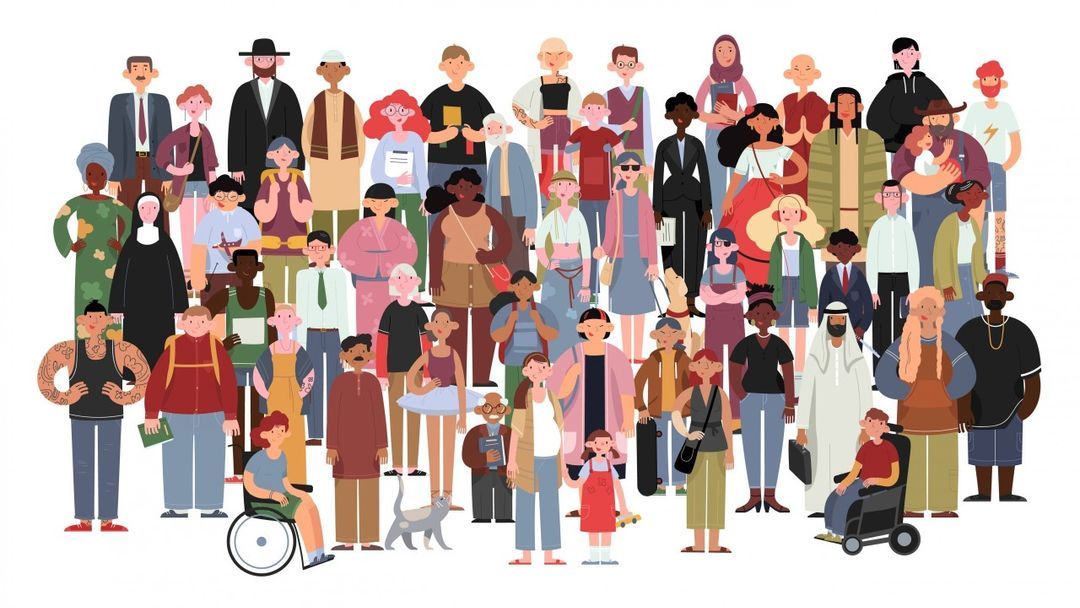
Time to talk about Office Leadership?
16 Dec, 20215 minutesThis week, we turn to one of our board members, who has delivered a piece on leadership, the...

This week, we turn to one of our board members, who has delivered a piece on leadership, the looming ambiguity surrounding the return to the office (following 'Delta Variant' delays), and what new important questions you should be asking about your company's internal policies and values:
'Anyone like me who’s involved in providing workplace solutions (call it office space) is focused on one big question right now: ‘when the threat of Covid-19 recedes, what will the new world of work look like and – specifically – how will offices feature?’ There have been myriad articles on this topic, and I will neither repeat their contents nor even attempt to summarize them. Instead, I would like to suggest business leaders ponder Ten Big Leadership questions:
1. Where do you stand on safety & liberty? The Biden administration just laid down workplace vaccination law for larger US companies. Now the other 98% of U.S. businesses and their leaders have to balance the desire of some to stay unvaccinated with the desire of others to be uninfected by these people.
2. Where do you stand on sustainability? Under-utilized buildings are bad news for the environment. If unmanaged, hybrid working could add to the inefficiency of real estate, local retailers and transportation systems. Leaders should “consume responsibly” by developing a workplace strategy that matches people to places, throughout the working week.
3. Where do you stand on social division and equitability? Working from home is great - as long as you live a nice life. If you’re sharing a cramped apartment with a drunk, a dog and a parrot you may not agree. Leaders shouldn’t normalize company work patterns on the base of their own life experience.
4. Where do you stand on culture? And, specifically, the mutuality of obligation between members of a tribe that goes with nurturing and building culture? Some people love Zoom World. Some people play Second Life. Anthropophobia and company culture may not go well together, particularly where new recruits are concerned.
5. Where do you stand on trust? This isn’t just about Theory X and Y or the evils of “present-ism”. And to be fair, Theory Y has done well of late. But building trust within teams at different stages of their operational lifecycle can be quite complex. It’s made more so if John is in a log-cabin in Idaho.
6. Where do you stand on relationships? It may seem an odd question but a fully distributed, tech-enabled workforce that rarely meets in person puts a low premium on the simple value of human interaction. Interestingly, tech-crazy Generations Y, Z (& now apparently Alpha) are seemingly the keenest to return to the office – perhaps because things like dating app’s have shown them the limitations of a virtual existence.
7. Where do you stand on experience? For many businesses there are now some amazing workplaces available incorporating extensive roof gardens, supplying in-house kitchens with fresh herbs & wild honey, gyms, boxing rings, cafes, co-working and meditation spaces. It wasn’t always that way and it’s a gift to today’s leaders.
8. Where do you stand on flexibility? There’s a crucial moment in the Miami Vice movie where Jamie Foxx says he meets drug lords using “vectors not static co-ordinates, like buildings”. It’s like that with real estate now. Leaders need to think of offices as fluid resources to be allocated to current and future needs rather than inanimate blobs of concrete that hum quietly through their HVAC systems.
9. Where do you stand on technology? Notwithstanding (6) a helpful by-product of Covid-19 has been the compulsory adoption and mastery of workplace technology. But more distributed workforces add complexity, dependency and cyber-vulnerability to the Tech stack. Leaders can’t entirely delegate this topic to the geeks.
10. And finally: Where do you stand on compensation? ‘Compensation’ is a curious word because it suggests payment for injury and inconvenience, rather than enjoyment or job satisfaction. I only mention it because – in this new stay-at-home, dog-walking world – the “compensated” have been vocal of late, the “compensators” rather less so.'


